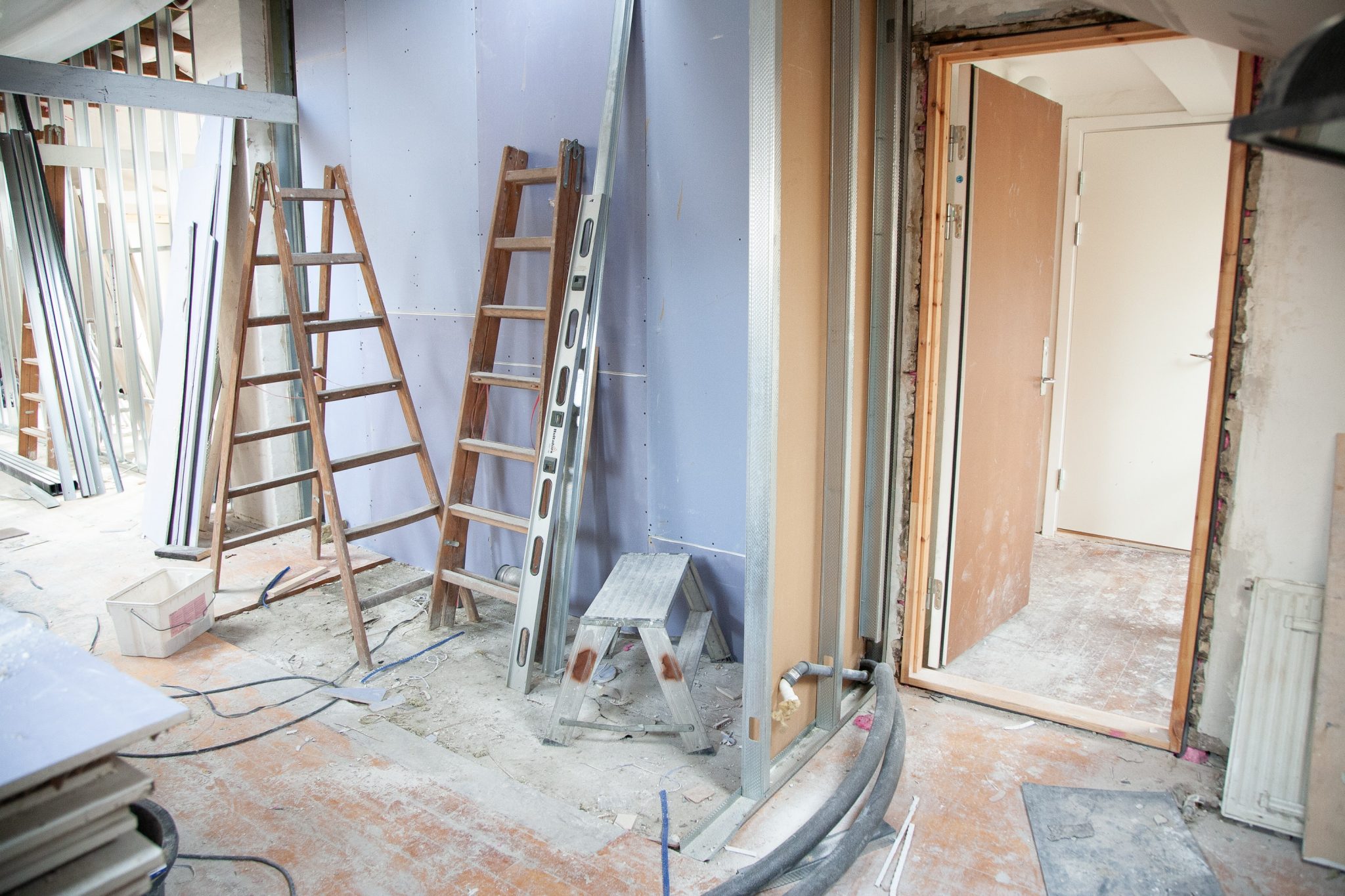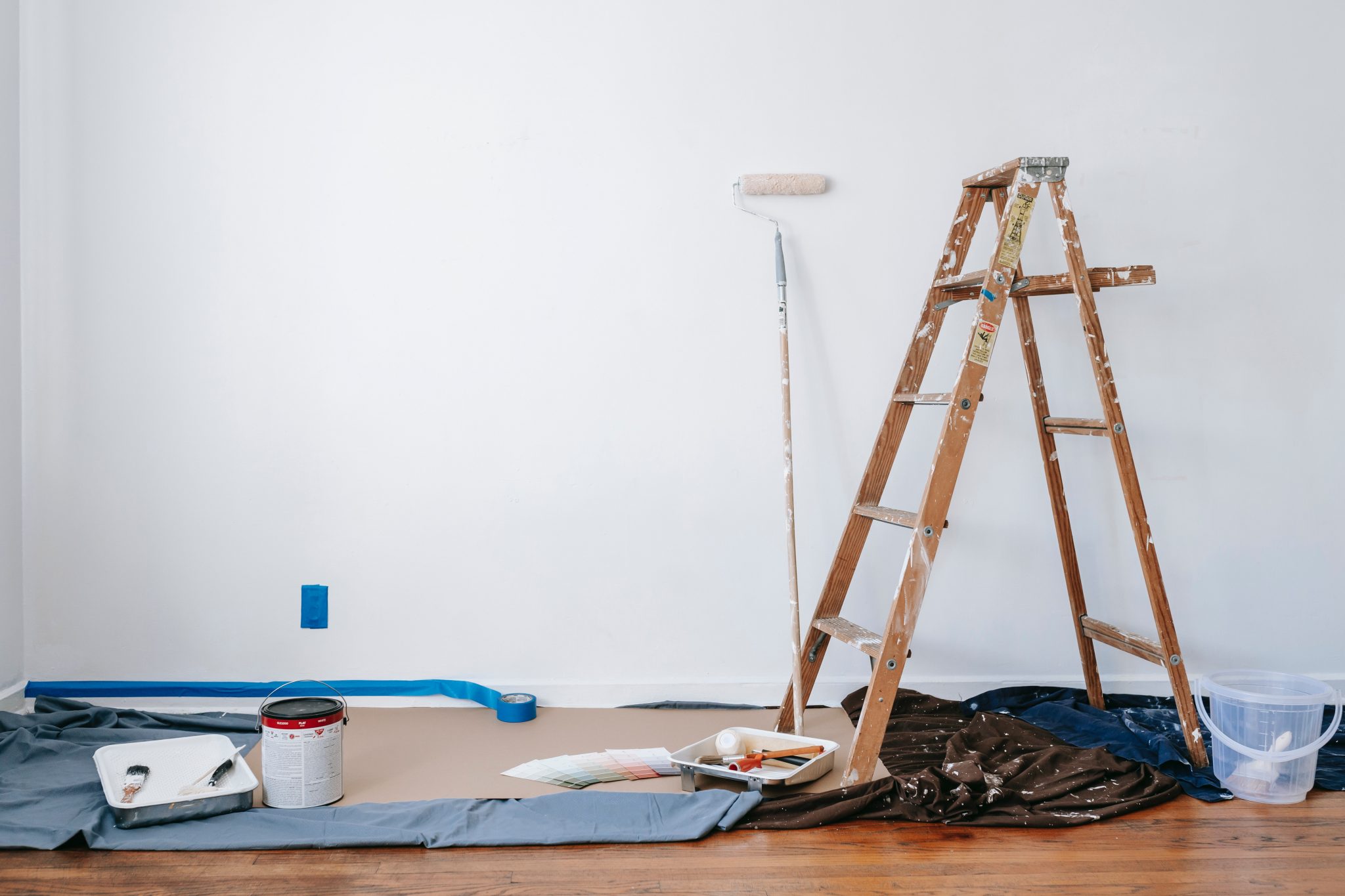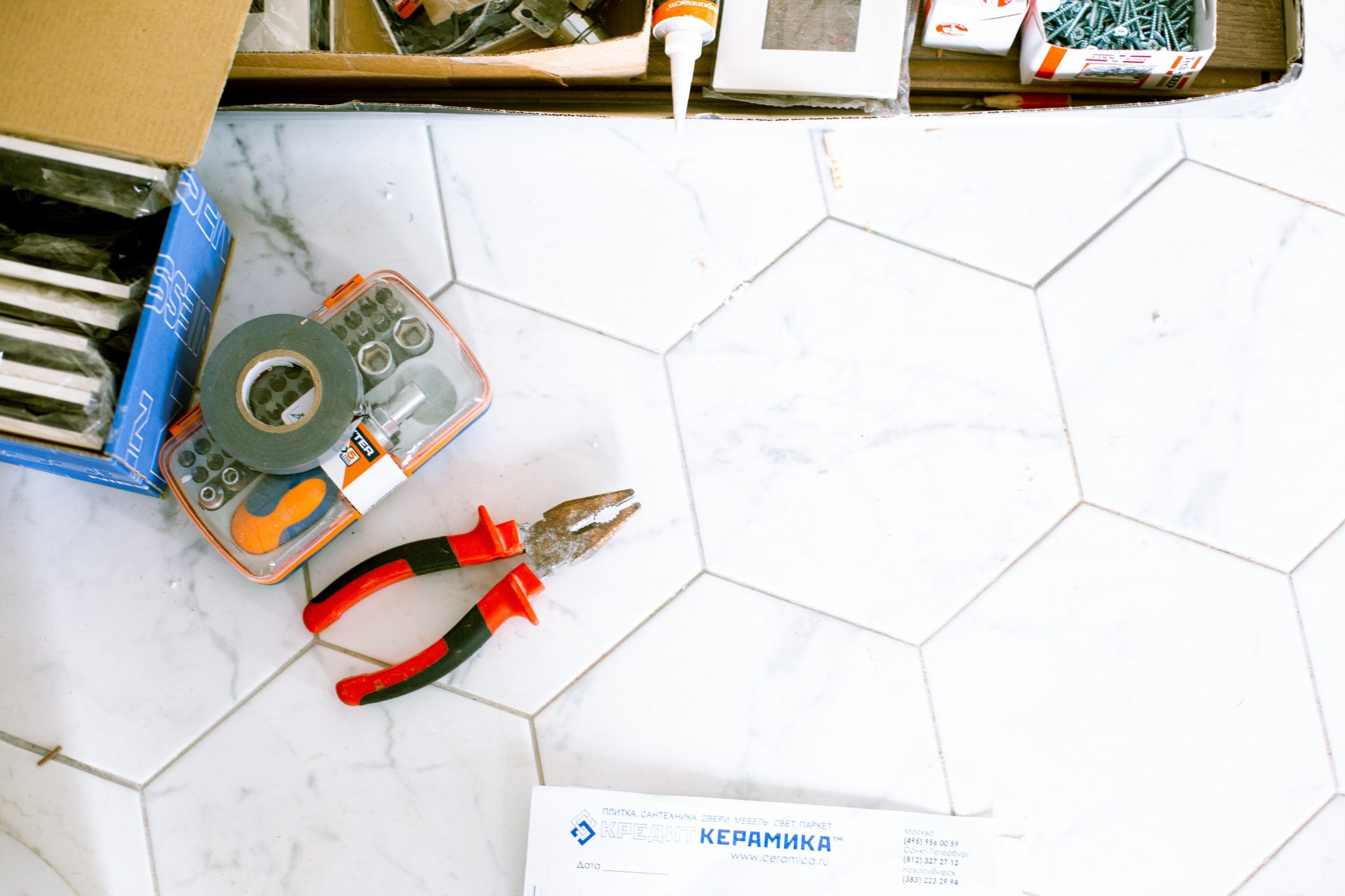With so many people buying houses these days, home improvement advice for first time homeowners is so important.
Home Improvement Advice for First-Time Homeowners
From basic repairs to major renovations, homeowners invest heavily into their newly acquired properties. Those in the business of selling hardware, designing layouts, or working on the projects themselves have never been happier!
But from the homeowner's perspective, home improvement projects can seem like a risky, stressful, and expensive proposition. What’s more, they’re afraid to do anything to compromise the place they call home. Getting the job done right without going bankrupt is all they want.
With this in mind, let’s take a look at several pieces of home improvement advice for first time homeowners:
It’s only a matter of time
Whether your home is 15 or 100 years old, sooner or later, it will require maintenance, repairs, and even renovations. New homeowners can’t make the mistake of thinking it’s a once-in-a-lifetime event.
On the contrary, most homes require two to three home improvement projects every year. While it might just be a leaky faucet or a step in an otherwise immaculate staircase, letting any project linger for too long is asking for trouble.
Do-it-yourself means doing your due diligence
So there’s a home improvement project that needs to get done, and you think you can do it on your own? More power tools to you, but are you sure you’re up to the task? Sure, you’ve watched hours of YouTube tutorials and read dozens of pages of DIY tips online, but have you ever done this before?
Practice makes perfect - do you want to practice on your lovely new house? While we aren’t discouraging anyone from saving money by DIYing their way to home improvement, we advise against getting in over your head. Do your due diligence before deciding to do-it-yourself.
That means thoroughly understanding the task ahead to the point where you’re confident you can do it independently.
A helping hand is always nearby
You probably aren’t a construction expert by trade, which means getting a home improvement project done right requires hands-on learning - or a helping hand. With so many qualified contractors working in your area, finding the right one is a matter of reading reviews and scheduling an interview. For instances where projects involve carpentry, utilizing tools like carpenter estimating software can streamline the process, ensuring accuracy and efficiency in budget planning.
Whether it’s plumbing, electrical, carpentry, masonry, or other, there’s a trustworthy professional ready to help you get the job done right the first time.
Prioritize your projects
You’d love to convert your spare bedroom into a study. But is that more important than having lead pipes replaced? It’s essential to prioritize your home improvement projects in order of severity and importance.
Anything risking the home's integrity must be addressed before anything considered optional and decorative. After all, what good is a study in a house with a leaky roof or lousy foundation?
You might also want to schedule your projects around the seasons; some are better for spring and summer while others are best done during colder times of the year.
Building codes matter
The last thing any new homeowner wants to do is spend thousands on remodeling and renovation only to find out they’ve violated the local building codes. In this situation, the homeowner is almost certainly forced to remove the illegal additions at personal cost.
Always make sure you get the applicable building permits before going forward with any home improvement project. It sounds obvious, but an abundance of caution beats the alternative.
Expect setbacks and delays
It doesn’t matter how many boxes you’ve checked and the number of ducks you have in a row. Home improvement projects rarely, if ever, go according to plan.
From surprises left by previous homeowners to lousy weather getting in the way, there are numerous ways a home improvement project can get disrupted and delayed. While you can’t avoid it, the least you can do is prepare yourself mentally for the possibility of spending more time than initially anticipated.
Anticipate cost overruns
They say time is money. With this in mind, setbacks and delays are sure to add to the project's total cost. It’s a good idea to mentally factor in the possibility of spending 150% of what you thought at the beginning.
Hopefully, you go under budget, but planning for that is easy. Do yourself a favor and prepare for the opposite. That way, if you’re under budget, you’re pleasantly surprised!
With home sales reaching record highs in recent years, it’s safe to say many readers are faced with the prospect of home improvement. While it may seem scary and stressful, adequate planning and preparation make all the difference.








Leave a Reply